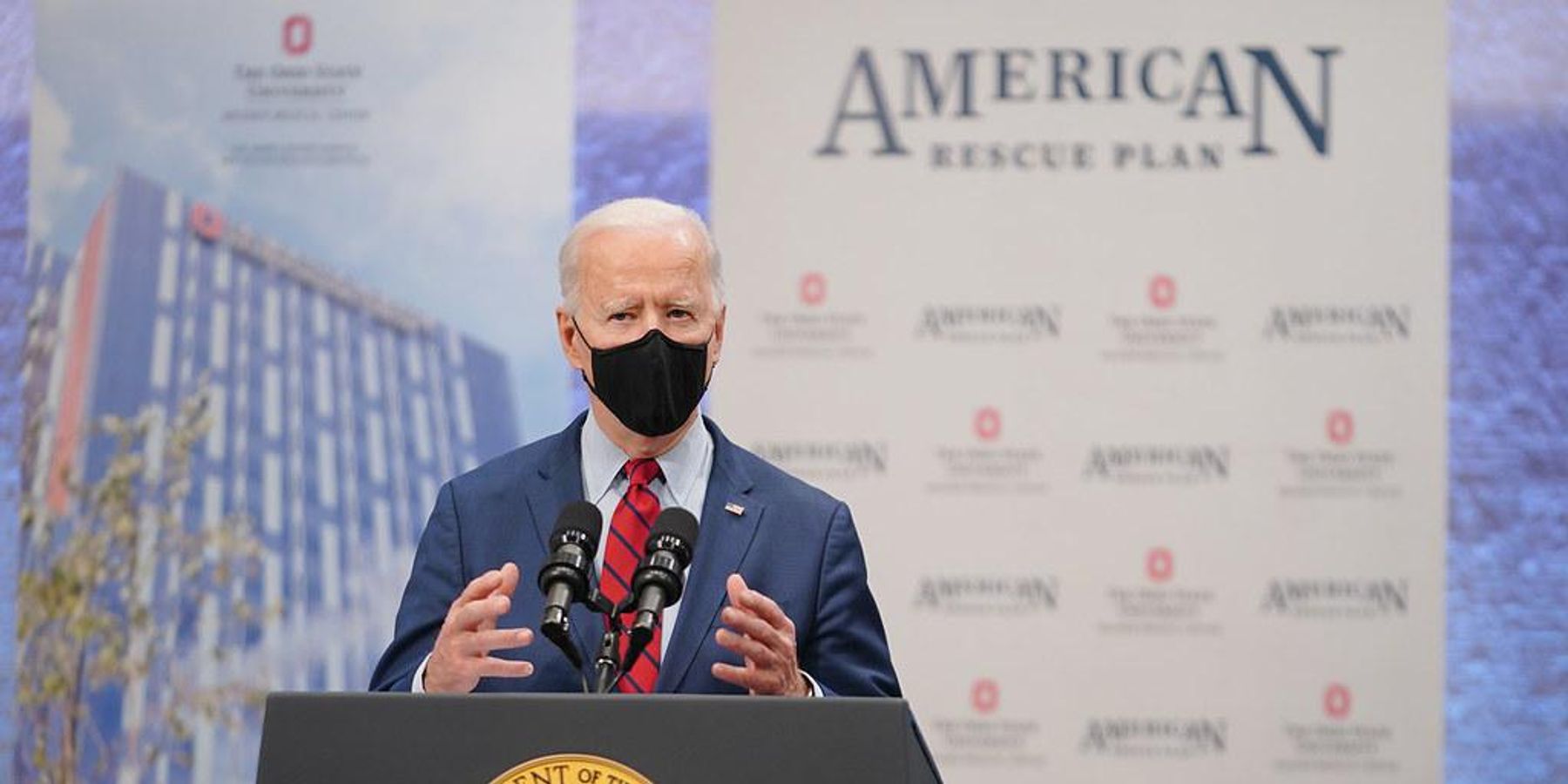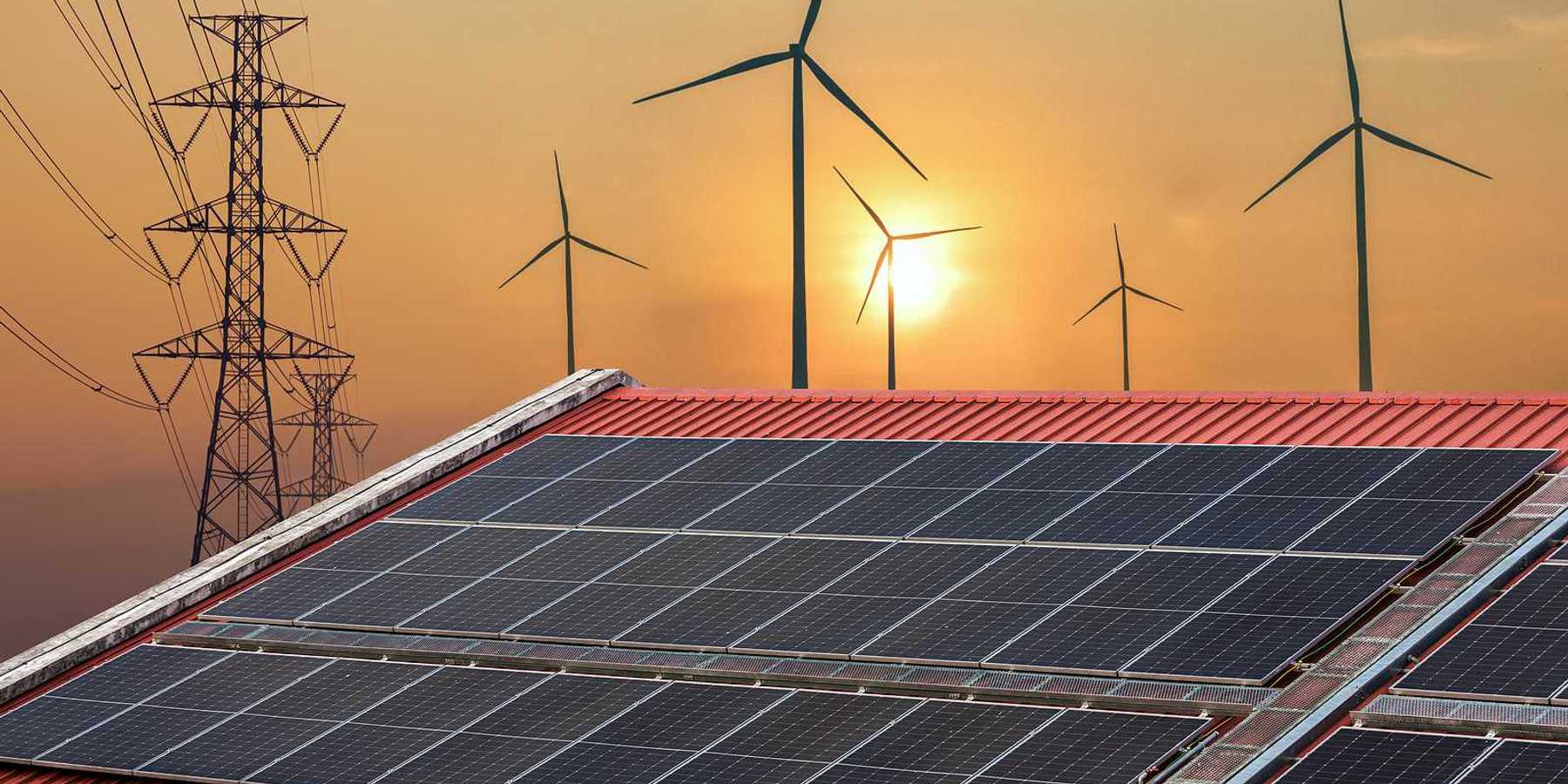
Biden takes a run at America's glaring environmental problems. Can he succeed?
President Biden counts on a tenuous Congressional majority to dramatically alter environmental policy.
President Biden's Wednesday night speech before the House and Senate generally drew praise from the pundit class.
But instead of the traditional few throwaway lines – even Trump talked about joining a global "trillion trees" planting effort – Biden laid out an ambitious agenda for climate, clean energy, toxic cleanups, and more.
But will any of it survive the political impasse?
There's a strong possibility that the GOP could re-take both the House and Senate in '22, giving the Biden agenda only two years, not 4, to take hold.
And even that assumes the fleeting loyalty of Sen. Joe Manchin (D-WV) and others.
President Biden Address to Congress
But give Biden credit for slinging climate change back onto the national stage in a way that has at last a chance of bridging the ideological chasm.
In an hour's speech he proposed a complete makeover of how we look upon climate: Not as a looming disaster, but a looming opportunity, linked hand-in-hand with re-booting our infrastructure. Better-built buildings, cars, power grids and more that can create millions of new jobs and convert doomed sectors—notably in fossil fuels—to cleaner and better paths.
He also took an admirable run at one of America's glaring environmental racism problems: The thousands of cities and small towns with dangerous levels of lead in their drinking water.
Related: A Tale of Two Joes
The toxic risks from lead in drinking water are most keenly felt by kids, and they're most common in poor and minority neighborhoods.
The fix involves replacing millions of the service lines that bring water from mains to individual homes. In other words, it would take a massive public works project to do what Biden wants: Fix every one of them.
Often, promises like this are fleeting, and are rarely kept.
Biden identified lead pipes as "a clear and present danger to our children's health." I'm counting that as a promise to fix the problem. The environmental justice movement has been around since Ronald Reagan was president. The Biden Administration can ill afford to be the seventh president to let them down.
So we can look at Biden's speech in either of two ways: He's the first President to weave environmental goals into his bigger picture; or, he's poised to not just drop the Big Green ball on one issue, but just about all of them.
One more thing
After I wrote a few weeks ago about reporters whose pioneering work broke big environmental stories, I heard from veteran reporter Rae Tyson. He broke some of the biggest stories about the Love Canal toxic waste disaster for the Niagara Gazette. Tyson wanted to make sure two of his Niagara Falls predecessors got credit for breaking the first stories, David Pollak and David Russell.
Rae Tyson went on to be the inaugural environment reporter at USA Today. When I build the Environmental Journalists' Hall of Fame some day, he'll get a plaque of his own.
Peter Dykstra is our weekend editor and columnist and can be reached at pdykstra@ehn.org or @pdykstra.
His views do not necessarily represent those of Environmental Health News, The Daily Climate, or publisher, Environmental Health Sciences.
Banner photo: President Joe Biden delivers remarks on the anniversary of the Affordable Care Act Tuesday, March 23, 2021, at the Arthur James Cancer Hospital and the Richard Solove Research Institute in Columbus, Ohio. (Photo credit: White House/Adam Schultz)













